On Behalf of the Seattle Food Committee
Will eggs or milk make it into the shopping cart this week? Is there enough room in the budget this month to cover the increased cost of gas? We are well aware that Americans are asking themselves these questions every day. What some might not realize, is that food bank managers and directors must ask themselves these same questions as they order food for their programs, including those right here in Seattle. As a result of inflation, food banks have been forced to make painful decisions such as cutting back on food at a time when families need support the most.
We, as members of the Seattle Food Committee, know this firsthand. Our Committee is a coalition of 27 Seattle-based food banks that work together to share resources, procure nutritious food, and educate our community to strengthen our emergency food system and end hunger in our region. As food bank operators we have been forced to be as resourceful as possible over the last 2 ½ years as we served record numbers of people during the pandemic. Some of our coalition agencies have seen visits to their food banks double and even quadruple.
Our food bank network has shown great resilience, as has the community we serve, while the effects of the pandemic are still deeply felt. Unfortunately, the impacts of inflation are putting increased strain on an emergency food system in Seattle that has already been stretched to its limit.
Inflation has hit the country hard, and Seattle has not been spared. This year the Seattle area saw an inflation rate of 9%. Foods that are staples of healthy diets have seen costs rise well beyond the 10% mark. For example, our member agencies are reporting a doubling in cost of both milk and eggs.
What does this look like in real terms? It’s a family of four not being able to afford a carton of eggs at the store with their limited SNAP benefits. It’s that same family going to their local food bank to learn that the food bank couldn’t order eggs for the week either and the hope that next week they can.
It’s a homebound adult attending a nutrition class, and afterward feeling the immense frustration that their SNAP benefits are no longer enough for them to purchase the foods they were advised to buy and that their food bank deliveries have gotten smaller.
Seattle's emergency food system, and many other social services, are facing a budget crisis as a result of Mayor Bruce Harrell's proposal to cap human services contracts at a 4% increase - out of step with the law he helped pass as a councilmember. By not following the law, food banks and human services organizations are being handed a cut and will likely have to reduce services as a result. We need support to ensure we can keep pace with the increased costs of providing critical services to our community, and in the form of investments that build the capacity of our food system to equitably address this increased need in our community. We call on the City to follow the budget recommendations put forth by the Seattle Human Services Coalition and to have our City contracts reflect the true level of inflation.
The funds our agencies receive from the City allow many of us to pay for our small staff. Our staff who, as essential workers, kept food banks open during the height of pandemic lockdowns. The funds also allow our agencies to purchase the nutritious, culturally relevant food that can be the only source of food for some households.
Written by the Seattle Food Committee

